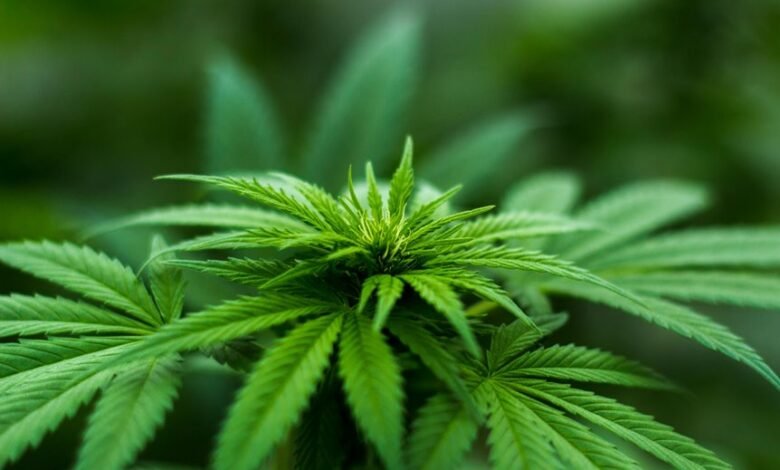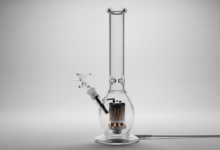How Long Does Thc and Cbd Stay in System

The detection durations of THC and CBD in the body vary significantly. THC can remain in the system for days to weeks, particularly in habitual users. In contrast, CBD typically clears out within 2 to 5 days. Various factors play a role in these timelines, including individual metabolism and the method of consumption. Understanding these nuances is essential, especially for those facing drug tests or considering health implications. What influences these differences, and how can they impact users?
Understanding THC: How Long It Stays in Your System
Although individual factors can influence the duration THC remains detectable in the body, it is generally understood that this psychoactive compound can stay in the system for varying lengths of time depending on usage patterns.
THC metabolism involves processing by the liver, while THC elimination rates may differ between occasional and chronic users, impacting the duration detectable in urine, blood, and saliva tests.
Understanding CBD: How Long It Stays in Your System
How long does CBD remain in the body?
CBD typically stays in the system for 2 to 5 days, depending on individual factors.
The metabolism of CBD varies, influencing how long its benefits, such as relief from anxiety and inflammation, persist.
Regular use may prolong detection times, as the body accumulates CBD, affecting overall metabolism and retention.
Understanding these factors is essential for users.
Factors Influencing Detection Times
Detection times for THC and CBD are influenced by a variety of factors that can significantly alter how long these substances remain in the body.
Key elements include individual metabolism rates, which can vary widely, and the consumption methods employed, such as smoking, vaping, or edibles.
Each method affects absorption and elimination rates, ultimately impacting how long these compounds are detectable.
Testing Methods and Their Impact on Results
While various testing methods exist, their effectiveness in detecting THC and CBD can vary significantly.
Common testing techniques include urine, blood, saliva, and hair analysis, each with unique detection windows.
Sample collection methods also play a crucial role, influencing the accuracy and reliability of results.
Understanding these factors is essential for individuals seeking clarity on how long THC and CBD remain detectable in their systems.
Conclusion
In the grand theater of drug testing, THC and CBD play their roles with varying durations, leaving echoes of their presence that can linger for days or even weeks. The stakes are high, as one misstep could lead to dire consequences in personal and professional realms. Understanding these substances and their detection times is not merely informative; it is a critical survival skill in a world where every moment counts, and every decision can change the course of one's life.






